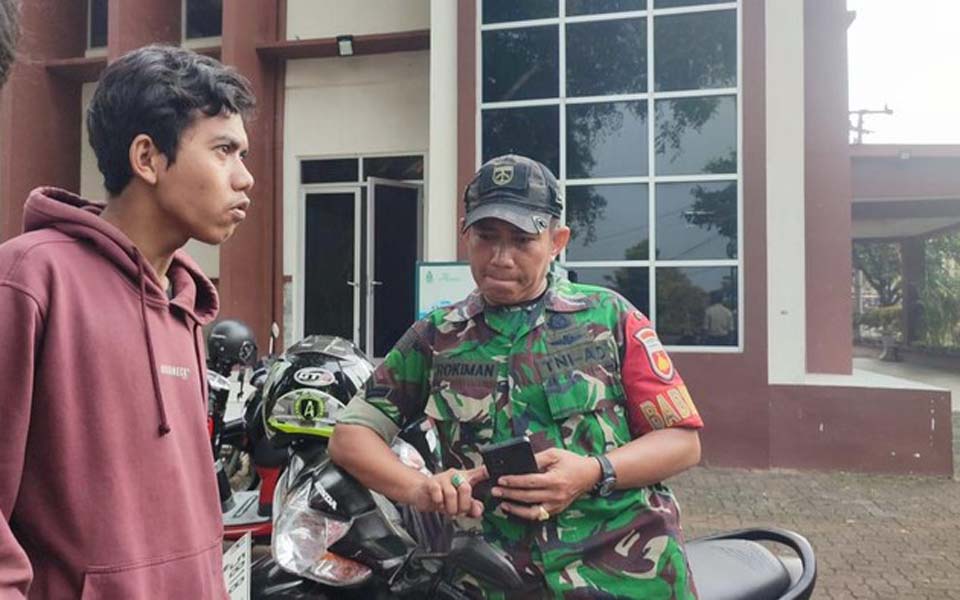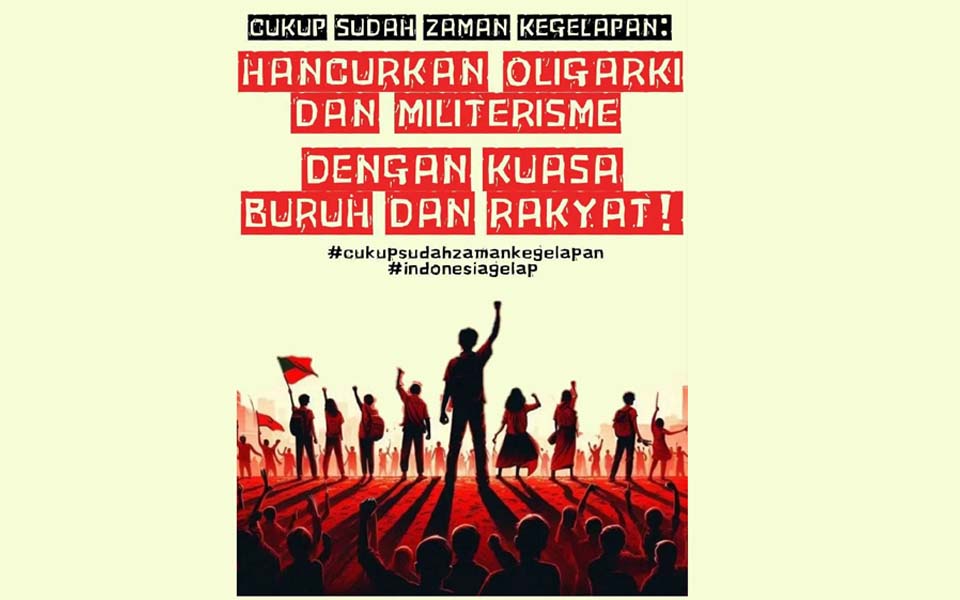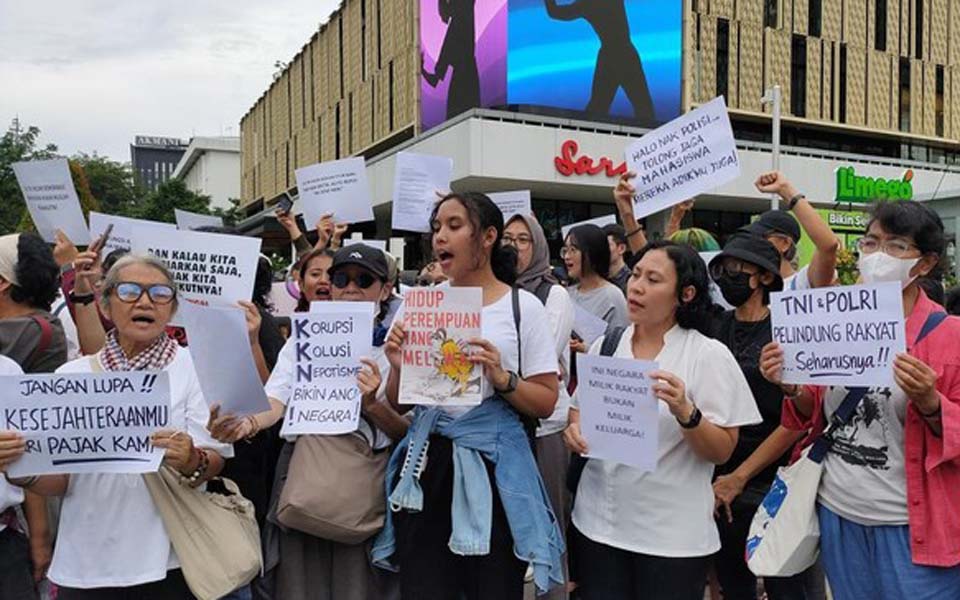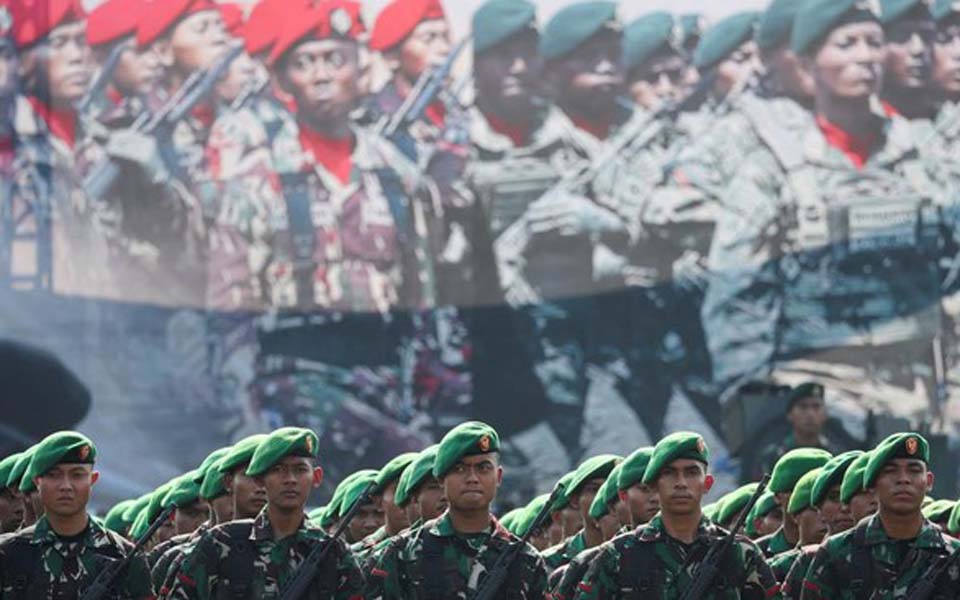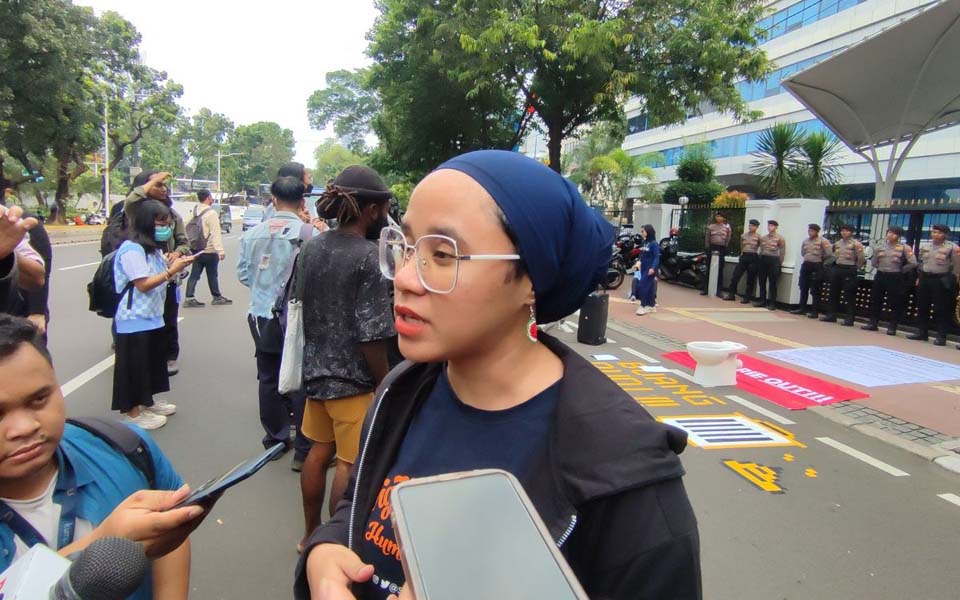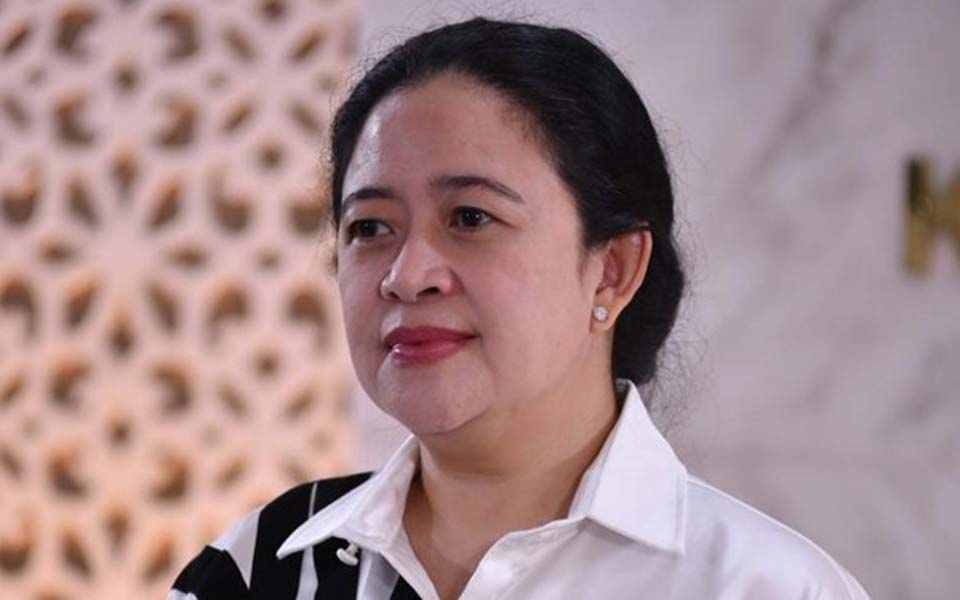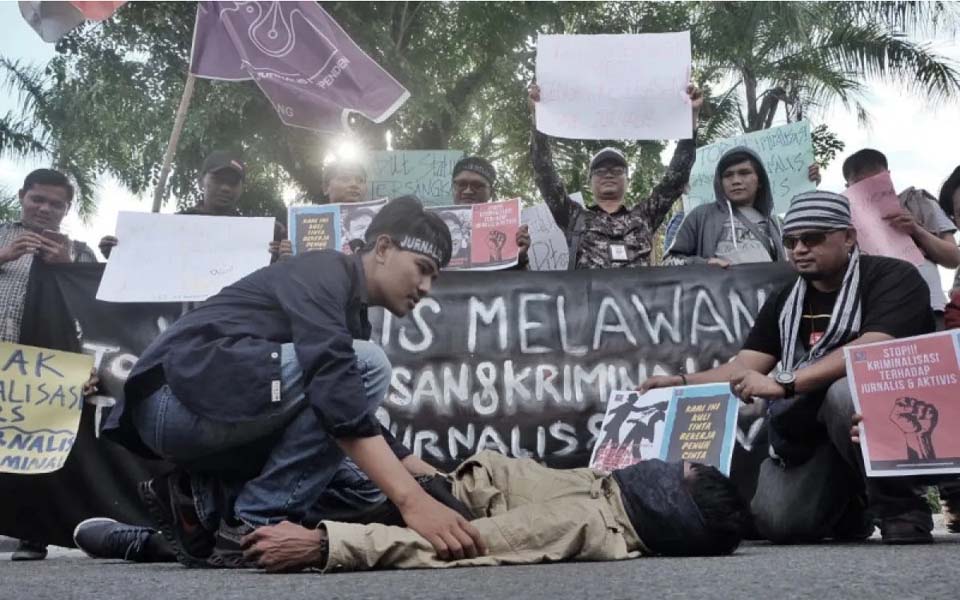Usman Hamid – We appreciate efforts to develop the TNI’s professionalism and civil supremacy that has been undertaken through various means at legislative and institutional levels.
Nevertheless, the various efforts in this direction sometimes still appear to be slow. There is an impression that reform of the TNI is no longer seen as urgent.
There are two principle problems that have caused this homework, the reform of the TNI, not to have been finished. First, the civil elite frequently cites the TNI’s low budget as an obstacle. Whereas the military budget is already higher that it was in the past.
Second, civil institutions are seen as not being ready to reform the TNI. This must be overcome by concrete measures to strengthen civil institutions, not to instead be used as grounds for delaying the reform of the TNI, not finishing the homework.
What exactly is this homework? Defense Minister Juwono Sudarsono promised that President Susilo Bambang Yudhoyono would issue a presidential regulation on the abolition of TNI businesses. But up until now this has still not happened, even though it had been planned since October 2005. The TNI Business Supervision and Transformation Team has only got to the point of verifying the number of business units.
If this continues to be postponed, the target of abolishing military businesses by 2009 will be difficult to achieve. This failure could lure TNI member into criminal activities and create the potential for conflict between individuals and or security units. Over the last year, 12 instances of violence between members of the TNI and the national police have been recorded, including most recently, the Ternate and North Maluku cases.
The strange thing, is that the civil elite consistently claim that these gang fights are caused by problems of soldier’s poor welfare resulting from the low military budget. Whereas the problem is one of systematic irregularities, such as the corruption case involving soldiers pension funds by their officers and its related organisation PT Asabri, which provides social security for TNI personnel. Many cases are not thoroughly dealt with such as illegal weapons and the purchase of primary defense equipment (the Scorpio tanks, MI-17 helicopters, Fokker 50s). The cases just evaporate.
The interconnection of TNI members with criminality and corruption could weaken the esprit de corps and could have the consequence of weakening civil control (civil supremacy) over the military. As a consequence, cases involving the TNI are not resolved by justice, examples being the recent shooting of civilians in Alastlogo and the take over of land belonging to Rumpin residents in Bogor. These cases have discredited the TNI in the eyes of the public.
Inconsistent
The implementation of the Law on the TNI to transfer the legal jurisdiction of civil criminal cases involving the TNI from the jurisdiction of the military to the public courts is also overdue. The deliberations over the Draft Law on Military Justice indicates the weakness of the civil elite leadership.
We were shocked by this new term “contextual justice” for civilians that commit military crimes. This term assumes that there is a legal vacuum for military crimes committed by civilians and turns common logic upside down. The reverse logic of this article is that if the military submits to civilian trials, then civilians are obliged to submit to military trials. Whereas the subject that is being regulated by the draft law is the military. In principle, military justice is not part of the judiciary. Military justice is a part of the internal system of military organisational command.
A shift in the civilian elite’s paradigm has not fully taken place. What there is instead are steps to muffle demands over past issues. The TNI territorial structure is still the eyes and ears of the military and has the potential to become a tool of power. The latest case is the formation of joint teams in the Bantul area of Yogyakarta, Central Java, that involves non-commissioned military officer posted in villages and wards (Babinsa). This step is inconsistent with the TNI’s claim to be promoting social empowerment and democratisation and could be wrongly interpreted.
The government should be able to take progressive steps in the reform of the TNI without spending a large amount of money or even at no cost at all. For example by issuing a presidential instruction, providing information of the result of an audit and supporting legal proceedings in cases involving the TNI. The budget should not be used a pretext to delay the reform of the TNI and its responsibility for past human rights violations.
The most important thing coming out all this is that the civilian elite, who are currently preparing for the 2009 general elections, cannot be allowed to drag the TNI back into practical politics. If this happens, it will destroy the commitment to reform that we have built for almost a decade.
[Usman Hamid is the Coordinator of the Commission for Missing Persons and Victims of Violence (Kontras). Translated by James Balowski.]






